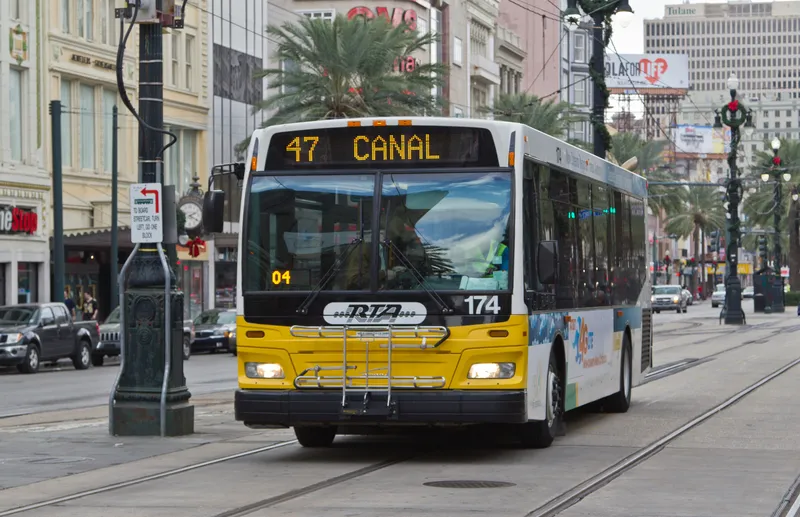Scania has signed an agreement with Ghana’s Ministry for Transport to supply buses and equipment for the bus rapid transit system under implementation in Accra. Scania will supply 300 buses and ancillary equipment and services such as ticketing machines, workshop services, operational support and infrastructure.
Accra, the capital and largest city in Ghana, is facing a severe traffic situation that needs to be addressed by the use of high capacity buses. The BRT solution provides an answer to the proble
March 20, 2014
Read time: 2 mins
Accra, the capital and largest city in Ghana, is facing a severe traffic situation that needs to be addressed by the use of high capacity buses. The BRT solution provides an answer to the problem at a reasonable cost compared to other alternatives. The use of BRT solutions is rapidly spreading over the whole African continent, with many cities facing the same challenges as Accra.
“The delivery to Accra marks a major step in increasing Scania’s presence in West Africa and will also serve as an important reference project for other cities in the region,” says Fredrik Morsing, regional director for Scania in West Africa.
The Minister for Transport, Hon. Mrs Dzifa A Attivor, states that “the government is committed to addressing the transportation bottlenecks in our cities and the BRT is a major transport policy being pursued by the Ministry.”









